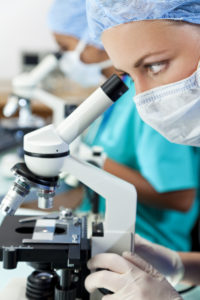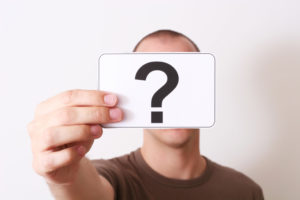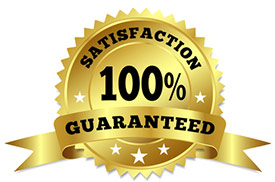Mold, Now Called a BioAerosol, Can Cause Hypersensitivity Disease

Mold Spores Can Cause Hypersensitivity Disease
Health scientists have recently improved their understanding of why mold causes illness. As you may already know, you don’t need to touch mold to get sick, because you’re already breathing it in. Like airborne germs, mold particles infiltrate our indoor air as a “bioaerosol.”
Bioaerosols such as mold and other fungi are known to cause allergy-related illnesses called hypersensitivity diseases.
Hypersensitivity diseases take many forms depending on the type of mold exposure and the individual. The four most common mold-related illnesses according to NJDOH are:
• Building-related asthma: Coughing, shortness of breath, chest pains. May occur immediately or hours later.
• Allergic rhinitis: Itchy eyes and runny or stuffy nose symptoms.
• Hypersensitivity pneumonitis: Fever, coughing, fatigue, weight loss, and other acute symptoms of pneumonia. Often comes back repeatedly.
• Humidifier fever: Fever, chills, and cold symptoms associated with mold or other biotoxins being dispersed by a humidifier.
Unfortunately, once a person has a hypersensitivity, just a small amount of the mold particles can re-trigger the symptoms at any time. So, if your home has a mold infestation you need to bring in our NJ mold treatment professionals.
Stern’s NJ Mold Treatment Offers Permanent Protection
Typical household cleaners can only partially remove a mold problem, and untreated mold spores can easily grow back.
Stern Mold uses a two-part process of antimicrobial cleaning followed by a polymer seal. We destroy the mold, then add a blocking layer so the spores will never cause another outbreak. You can breathe easy, especially because our NJ mold treatment doesn’t require breaking into walls and ceilings.
Take action to prevent asthma and allergy problems and schedule a free estimate for NJ mold treatment today.


